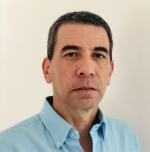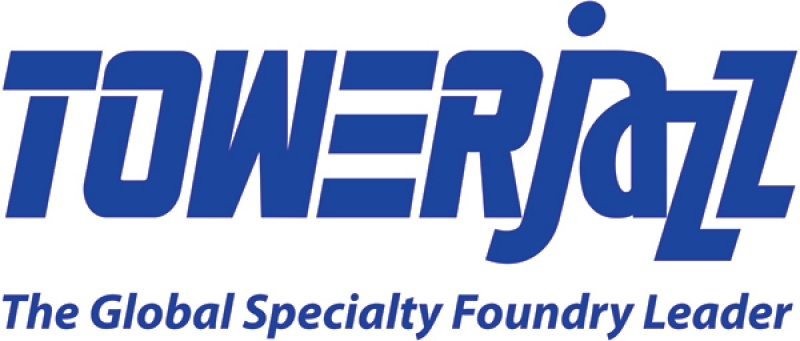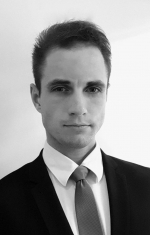Industry 4.0 Digitization of Manufacturing for Enhanced Productivity

Yoav Hirsch
Project manager
TowerJazz

Abstract
The vision of Industry 4.0 is achieving significantly higher productivity, efficiency, and self-managing production processes. This, by letting people, machines, equipment, logistics systems, and work-in-process components communicate and cooperate with each other directly. Digitizing the manufacturing floor will boost the endless strive to reduce machinery downtime, reduce the cost of quality and increase production efficiency. Many trends show that by 2020, 80% of large manufacturers will update their operations and operating models with IoT and analytic-based situational awareness to mitigate risk and speed time to marketDigitization of Manufacturing will increase the production efficiency of a complex manufacturing line by acting on different levels, from the initial study of the process (Virtual Commission) to the global control of the line ( Virtual Metrology, Predictive Maintenance and Prediction of Final Yield). It enables machines to interact socially within groups, with other machines (and/or humans), and to apply social skills to each robot in such a way that it will be able to interact with other robots, patriciate in a group, and collaborate to achieve joint tasks/goals without preprogramming.Digitization of Manufacturing enhances the Digital Twin concept, which provides a virtualized product that lets you analyze how a product performs under various conditions and make adjustments in the virtual world to ensure that the new physical product will perform exactly as planned in the field.Advanced image sensors are central players in both sides of this equation. Manufacturing of large format sensors is enabled by excellent and well monitored production line, while on the other end new capabilities of image sensor technology like 3D imaging (TOF), wider wavelength (from UV to NIR and SWIR), embedded processing within the sensors and large format sensors become key components in advanced production lines.
Biography
Mr. Yoav Hirsch serves as a leading project manager at TowerJazz CMOS Sensor business unit. As part of his role he is in charge of various image sensor technology projects, supporting the sensor’s business unit development roadmap. Mr. Hirsch has extensive experience in the semiconductors industry, specializing in the field of CMOS image sensor. Throughout his career, he held various positions in SCD, ECI-Telecom and AFCON-industries where he managed a variety of multi-disciplinary technology projects, which required, amongst others, expertise in the fields of industrial control, system engineering, manufacturing, and design electronics.Mr. Hirsch holds a B.Eng Electrical Engineering from Coventry University, England, M.Sc. in Electrical engineering from Tel-Aviv University and an MBA from Haifa University, Israel.


